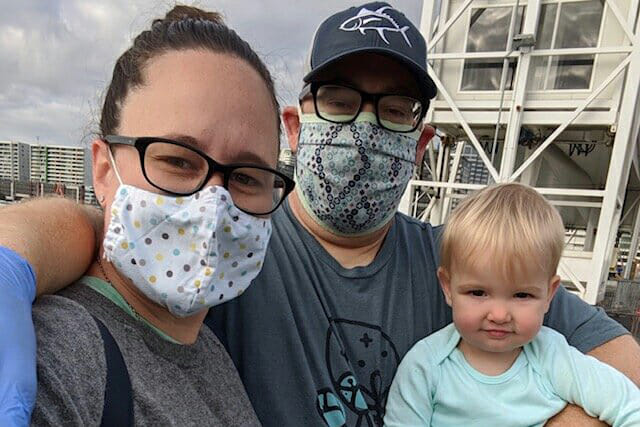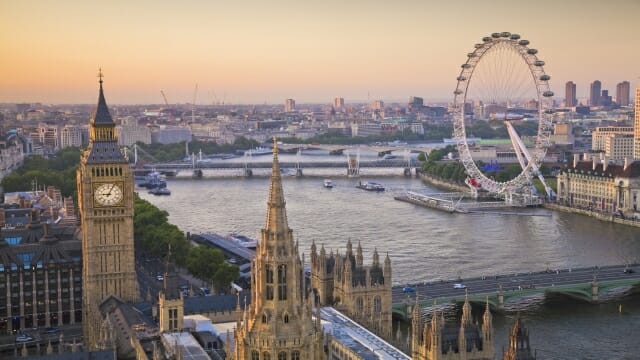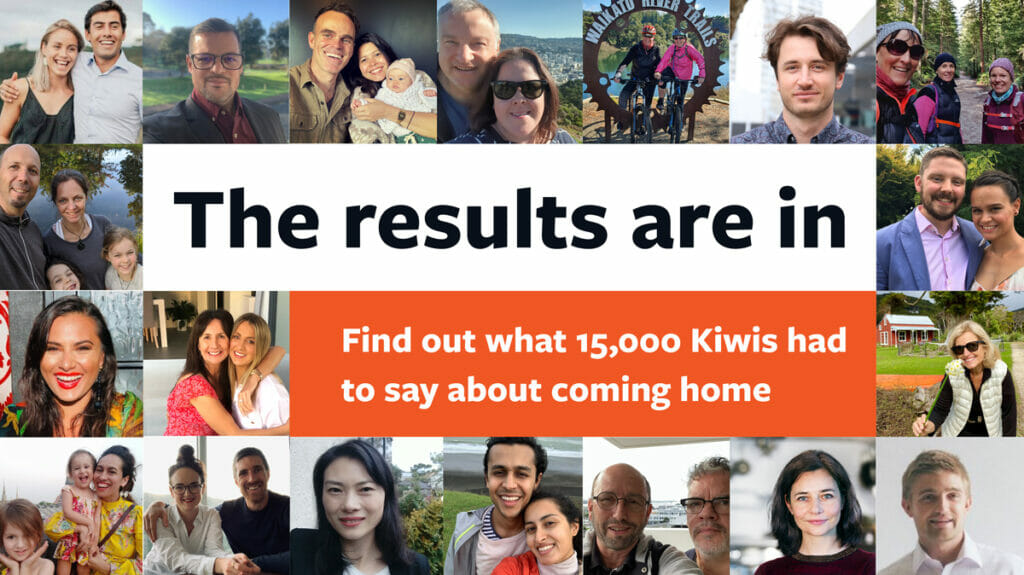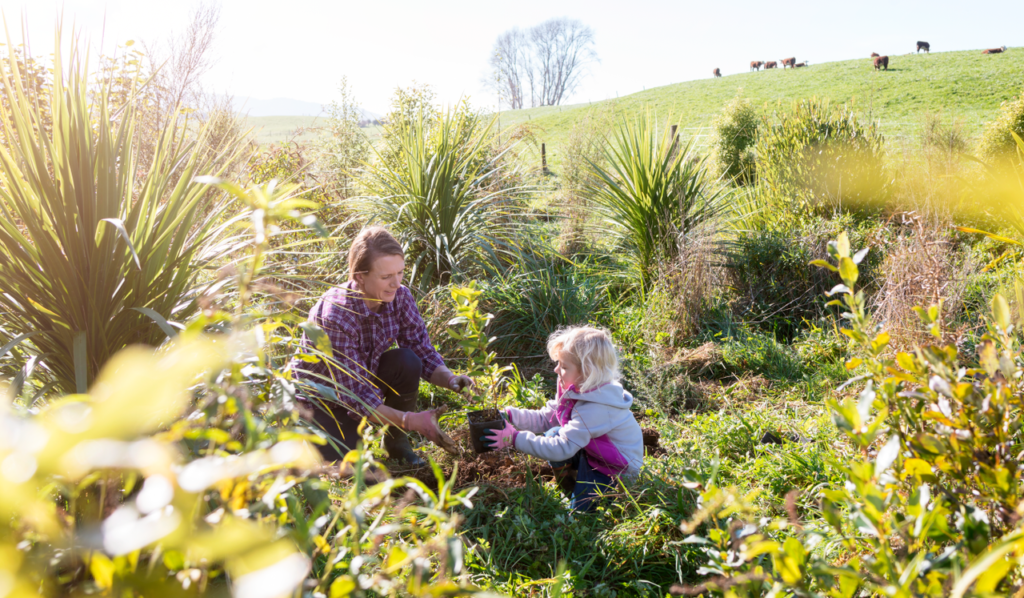
Just about 15 days before this magical moment, I’d boarded a plane in Seattle with my Kiwi partner, our three children, and quite a few nerves. After a year of planning, preparing, and adjusting our relocation arrangements, we were finally taking off.
As any seasoned traveller will tell you, it’s a good idea to know where you’re going to be sleeping for at least the first night at your destination. Not so this time.
Under the current scheme, the New Zealand government arranges accommodation within the managed isolation and quarantine (MIQ) system based upon an incoming flight’s passenger manifest. Travellers have neither a choice nor advanced notice about what city or hotel will host them for their mandatory isolation.
In an attempt to allay my anxiety leading up to this great unknown, I had scoured various Facebook groups to get an idea of what others were experiencing in MIQ. Unfortunately, this approach both created its own anxiety (dreading an extra flight or long bus ride to MIQ facilities outside of Auckland) and fueled my unreasonable expectations (spacious suburban rooms equipped with a kitchenette and unlimited access to a large car park). Preparing for a basic hotel room would have been a better bet.
Once we landed in Auckland and were herded through immigration and customs in a fog of exhaustion, a kind constable helped us load our luggage into a chartered bus that we soon learned was bound for Auckland’s CBD.
In the echoing hotel lobby, my jetlagged and hungry toddler screamed while our family was quickly processed through meal selection for the next few days, basic hotel procedures, and a simple health screen. A room key was placed in my hand, and we were urgently shown to the lift.
It took a few days for the expectations to fade and for me to accept our reality.
Our family of five was given a simple room with two beds and a desk; a TV and wifi; bathroom with shower, toilet, and sink; and basic amenities like ironing gear, kettle, and safe. This is the place where we would eat, sleep, exercise, and attempt to make the most of our circumstances for the next two weeks. After some nudging, we were able to expand into a second room on another floor, which proved critical for allowing our toddler to nap and everyone to get a good night of sleep. In hindsight, we might have been more creative with the second room and could have used it as an exercise space, eating area, bag storage, or quiet retreat – all functions that we found challenging to carry out in our main room.
Perhaps the biggest surprise was lack of access to the outdoors. We were allowed to go out on the small smoking deck as often as we liked as long as we all maintained distance from other guests. For fresh air, though, we had to sign up for an off-site slot, which was only permitted every 48 hours and involved being bused to an 8-meter by 100-meter space on the wharf. We took advantage of every opportunity to get out – even in gusty winds and driving rain – and narrowly managed to keep our energetic children from plunging into the harbour by distracting them with sidewalk chalk.
Despite this challenging environment, we did eventually settle in.
It helped to shed my original expectations and get used to MIQ’s routine. Hotel staff delivered a paper bag of food and water to our door three times a day, at some point during the 2-hour delivery window. Nurses made rounds to check temperatures and inquire about any symptoms. The front desk called each morning to take our food selection for the next day and see if they could bring us anything else, such as fresh linens, cleaning supplies, or toiletries. On outdoor days, everything revolved around the slot we had booked and being sure to book in again for 48 hours later.
In between, we passed time with books, television, planning our next steps. We grew to really appreciate the little extras: the kitchen agreeing to add our standing coffee order to breakfast; friends ringing from the street to wave to us through our hotel room window; security giving us an extra 10 minutes outside on a sunny day; and friends and whanau delivering treats, games, and magazines for us.
Marking milestones helped to pass the 14 days as well. Shortly after our arrival, we created a colourful paperchain from strips of magazine, and we removed a link each night. After our Day 3 and Day 12 COVID tests, we celebrated with our favourite Kiwi lollies, and we marked our halfway point and last dinner in isolation with delivery of takeaways.
The most pleasant surprise of our managed isolation experience was the sense of camaraderie that comes from working together toward a common goal. Despite uncomfortable circumstances and evolving procedures, every person in the building was doing their part toward keeping New Zealand safe…and generally doing so with a smile on their masked face.
It is best to remember that the fortnight in MIQ is just 336 hours and will soon be just a small blimp in the grand journey of moving to New Zealand. Mentally prepare and pack with that in mind, and you’ll soon be feeling the gentle breeze of life on the other side of MIQ.
Thanks to our partners at Mobile Relocation for this piece. Amanda Sadlier is a lawyer who writes, runs, and lives with her family in the eastern bays of Auckland with her partner, George, and their three young children. Mobile Relocation is thrilled to host Amanda as a guest blogger for this post.
COMING HOME?
Resources
We’re here to support returning Kiwi. Here’s our list of resources to help you plan your return and next steps.
Jobs
Looking for a new role in New Zealand? Visit the Kea job portal and find your next career opportunity.

 MENU
MENU











